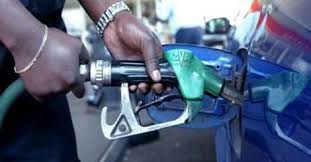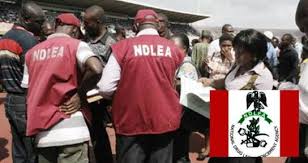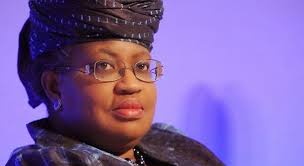Angola, Africa largest oil producer behind Nigeria, plans to keep decreasing fuel subsidies next year after it raised gasoline and diesel prices by 20 per cent last week, President Jose Eduardo dos Santos said Speaking in his year-end address in the capital, Luanda, Dos Santos said: “2015 will be economically difficult because of significantly low oil prices. Some public expenditures will be reduced and some projects postponed. For example, subsidies for fuel prices.” Oil futures fell 44 per cent this year, set for the biggest annual drop since 2008, as the Organisation of Petroleum Exporting Countries (OPEC) resisted supply cuts to defend market share in response to the highest United States (U.S.) output in three decades. Angola’s government relies on oil for more than three quarters of its revenue, and falling prices prompted the southwest African country to scale back investment plans. Angola raised the price of gasoline to 90 kwanzas ($0.88) a liter last week from 75 kwanzas, the Finance Ministry said in a statement. Diesel climbed to 60 kwanzas per liter from 50 kwanzas.
Dos Santos said: “Tougher state-budget controls and financial discipline will have to be enforced to keep stability. However, we will maintain our poverty-reduction policy. There are Angolans who live with very little or almost nothing.”
The country is recovering from a 27-year civil war that ended in 2002. The government posted a 1.5 per cent budget deficit last year, the first since 2009 when the International Monetary Fund (IMF) began a $1.4 billion loan programme to help Angola weather oil prices that fell to $33 a barrel. This year’s budget deficit is expected to reach two per cent and the fiscal balance won’t be in surplus until 2019, The IMF said in March.














